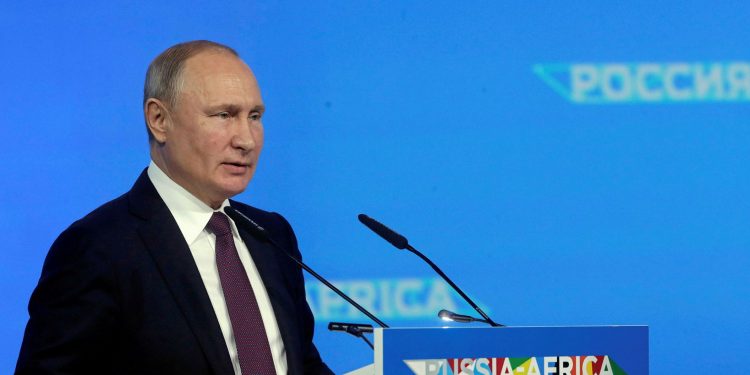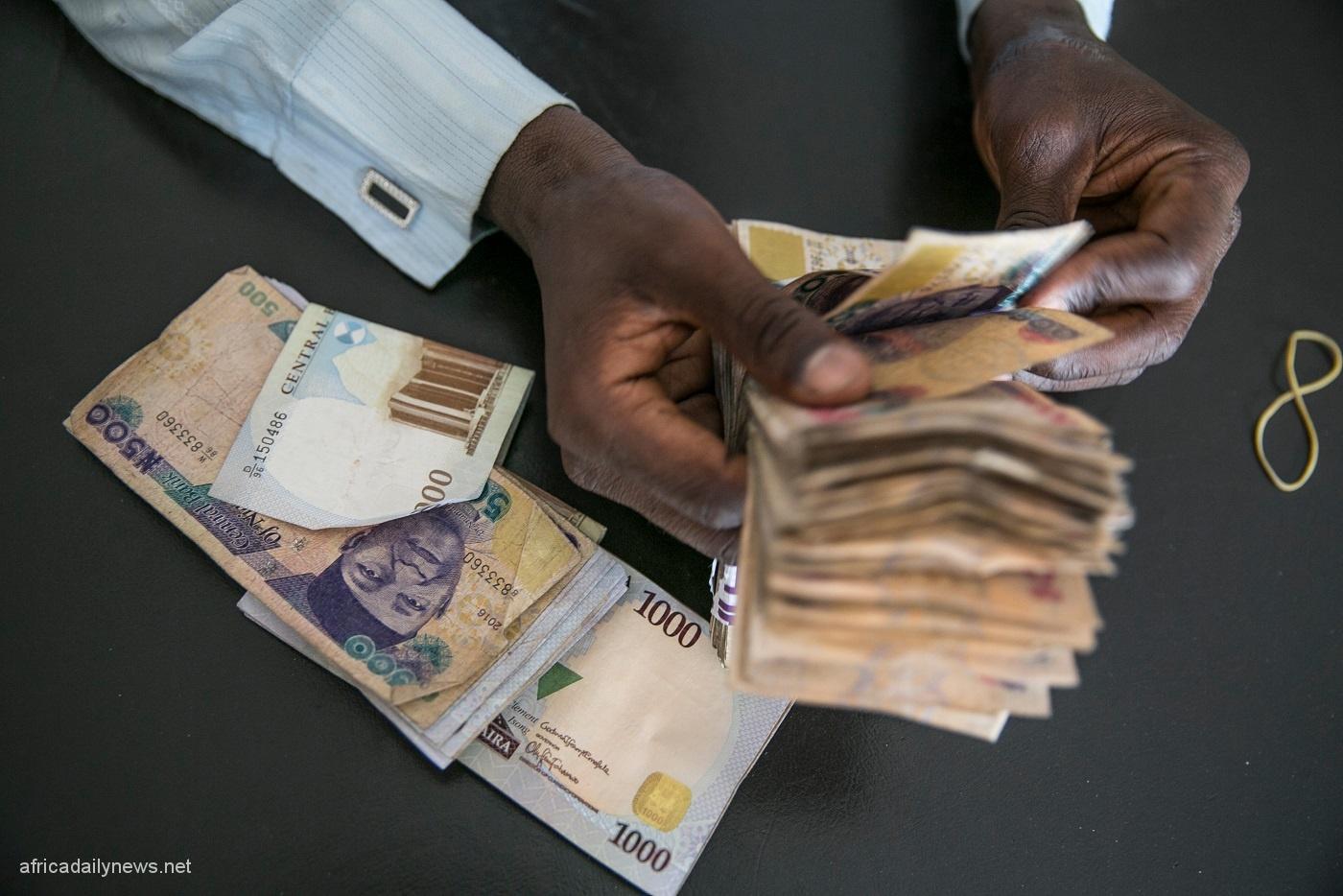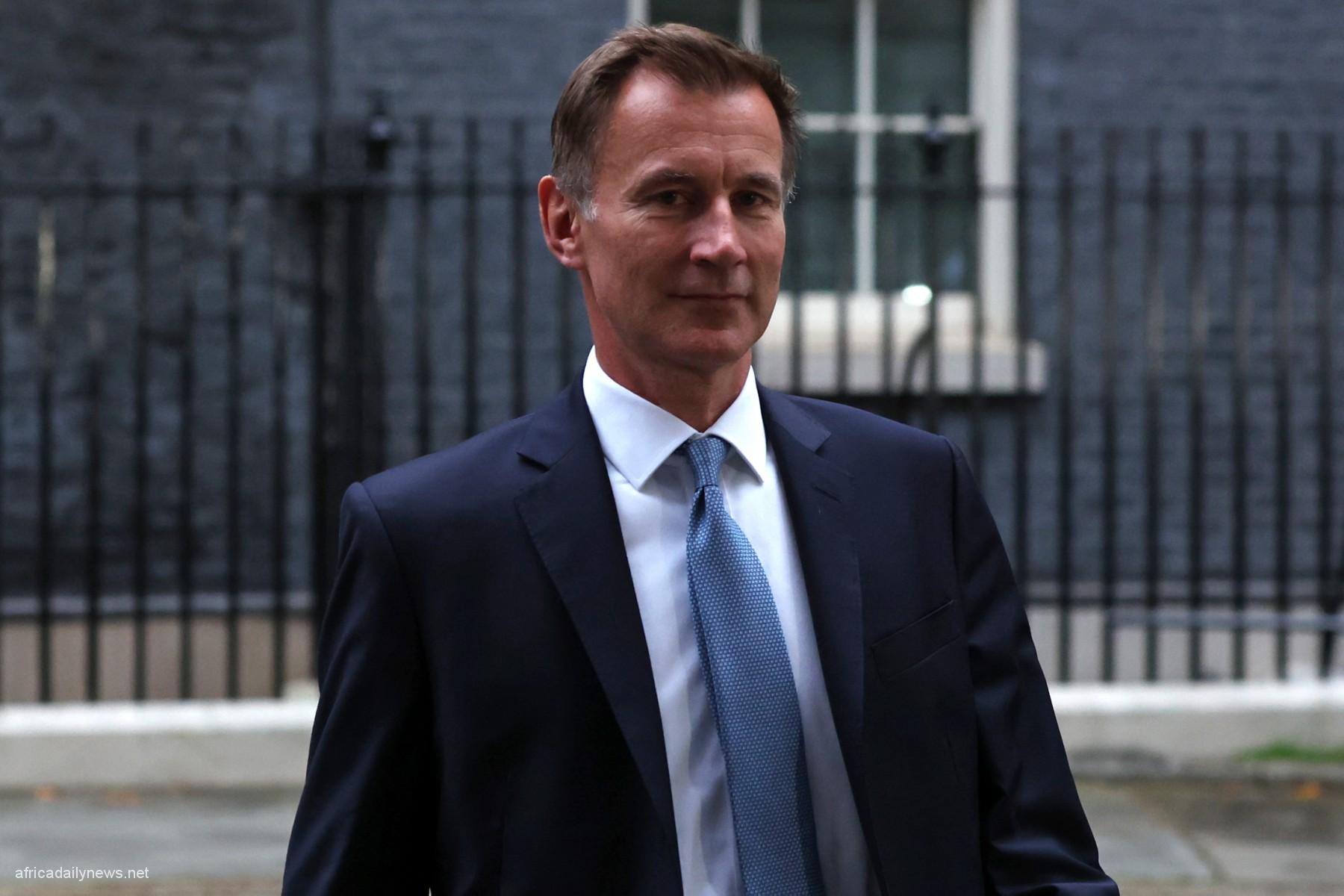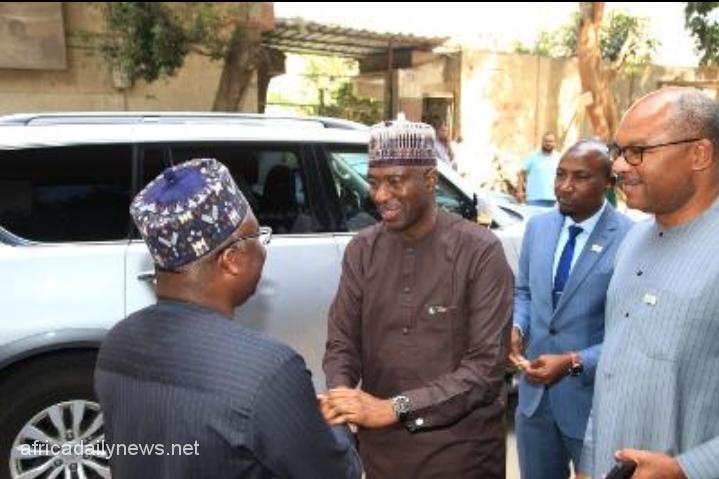The renewed interest of major powers to enter into cooperation accords with African countries is a good omen. A few months ago, the Japanese played host to a Japan-Africa summit. So did the Chinese. A few years ago, the United States did the same, likewise India. Occasionally, we hear expressions characterizing Africa as the last frontier, a description capable of various interpretations. It could mean the realization of a growing market of 1.2 billion people that needs to be explored and exploited. It may mean the acceptance of the continent as an emerging territory in need of all kinds of development investments. China, in particular, seems to embrace the latter.
Africa clearly sits at the bottom rung of the international ladder of development and needs all the help it can get. The poorest countries in the world are in Africa, and Nigeria has recently earned the ranking of the country with the highest number of the poorest people in the world.
The Africa-Russia summit seems to be coming late in the day given Russia’s early identification with the aspirations of Africa and Africans during the decolonization period. But as the saying goes, it is better late than never. Russia understandably was busy during the cold war in addition to its domestic challenges, which probably prevented it from building on its decisive assistance to Nigeria during the Nigerian Civil War.
The Ajaokuta Steel Complex was Nigeria’s primary project designed to drive the country’s industrialisation. The Soviet Union, predecessor of the Russian Federation, signed the agreement with Nigeria for the construction of the complex exactly 40 years ago. In 1994, 15 years after the agreements, 98 per cent of the complex was reportedly completed.
Today, the complex is comatose and expectations are high that at long last the Russians, who originally began the project, will finally complete and get it working to fulfill its original mission as the linchpin for our industrialization. Nigerians are, therefore, relieved that the fate of Ajaokuta was discussed between President Vladimir Putin and President Muhammadu Buhari.
The steel complex occupies a special place in the perception of Nigerians as the loudest display of Nigeria’s backwardness in terms of project management. Nigerians do not and cannot understand why a project that was 98 per cent complete in 1994 could remain uncompleted a quarter of a century later. We urge the Russian Federation to assist Nigeria to finish this project and provide enough technical support as a lasting legacy to its friendship with Nigeria. Nigerians have invested heavily on this frustrating project, they are sick of seeing it still as work in progress after 40 years.
Read Also: Nigerian Railways: Privatization And Malawi’s Example
The Aluminum Smelter Company at Ikot Abasi, Akwa Ibom State, the largest in Africa, is a $3.4 billion project that has been as crisis-prone as the Ajaokuta Steel Complex. It was former President Shehu Shagari’s administration that put the industry together in 1983, for the dual purpose of utilizing our natural gas, to produce 200,000 tons of aluminum for export. But the plan was disrupted by the sudden of change of government by the military. Apart from endless litigations, the project, which was expected to provide 200,000 jobs for Nigerians, is sitting idle to the grief of the nation. A Russian company was leading the consortium to invest in that plant a few years ago. It would be a great relief to Nigerians if the Russians could help revive such a vital industry.
Also, there are many fields in which Nigeria and the Russia could cooperate. In refineries, we believe that linking the Russian giant, Lukoil, and the Nigerian National Petroleum Corporation (NNPC), as proposed by the government, would go a long way in reducing our dependence on imported petrol, as would a link between Russia’s Gazprom and NNPC on gas.
We think that it was beneficial to renew the Nigerian-Russian Security and Technical Agreement, and explore areas of cooperation in education and agriculture, trade and investment. Nigeria could also learn a great deal from Russian experience in fighting terrorism. It was encouraging that President Buhari returned from Sochi with the promise of a fleet of helicopters, which the Nigerian military has been clamouring for in its prosecution of the war against Boko Haram. We also think the Russians should be able to help Nigeria in building its rail system. It is one area in which Nigeria’s know-how seems rudimentary, which reflects in the length of time it takes to do rail projects in the country.
For instance, the Lagos State’s light rail from Badagry to CMS has been under construction for some years and there is no sign of its completion so soon. However, we urge greater circumspection on the nuclear power plants which were said to have been discussed with the Russians to help in electricity generation. Apart from being extremely expensive, the safety issues involved make them the last option.
THISDAY










